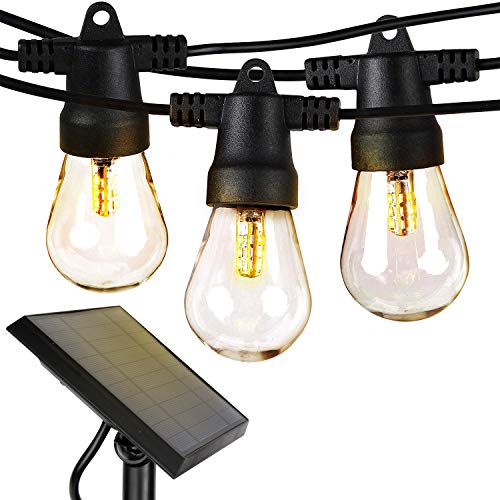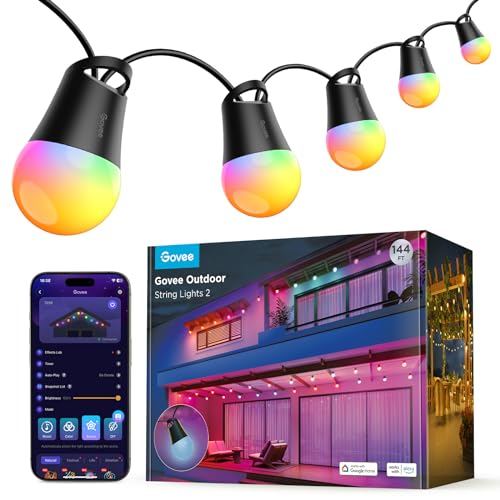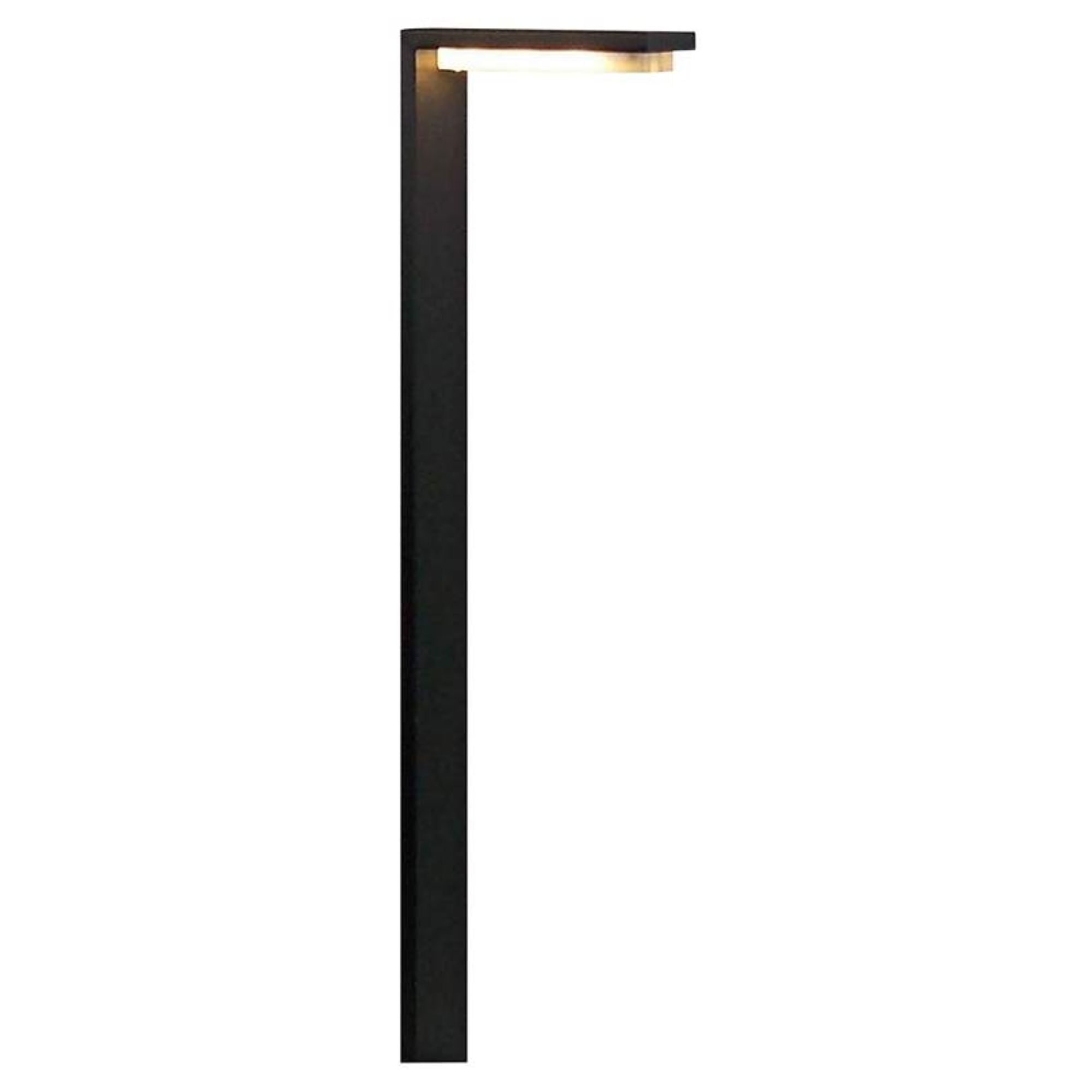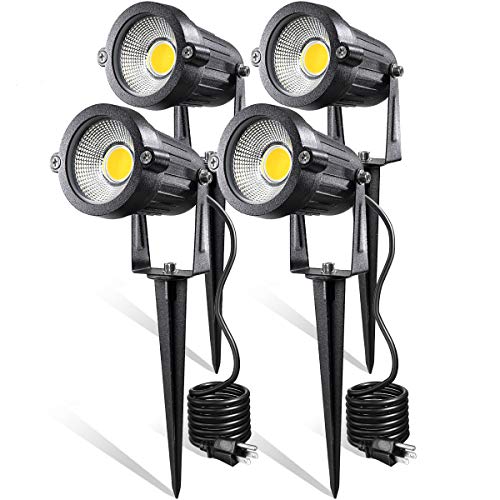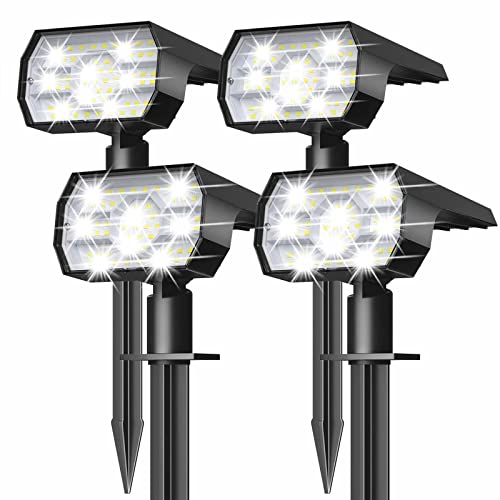Are solar lights ever worth it? 5 truths from an expert product tester
I've tested plenty of solar lights over the years and I think they can be worth it – but only sometimes
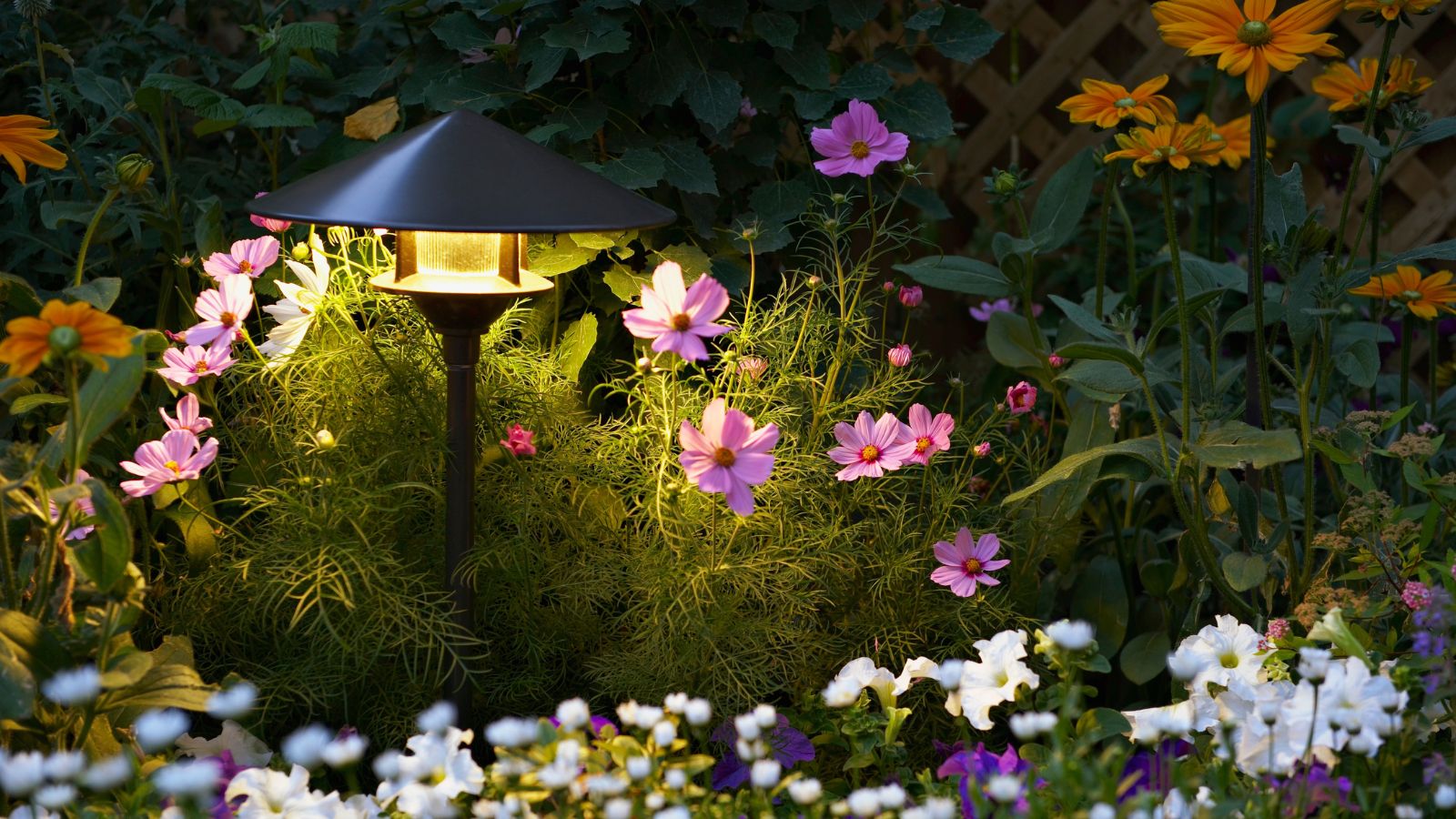

Solar lights have a bad reputation. They're cheap, low-quality, and bad for the environment, and, worst of all, they barely work.
All of the above can be true. I must admit that I rolled my eyes when I was first given the brief to test solar lights. I thought it would be months of testing that prove the obvious: solar lights just aren't worth buying.
However, after years of testing the best festoon lights, I think solar lights can be a great option - you just have to do your homework. With smart shopping, you can find high-quality lights that actually light up your yard.
That said, solar lights aren't perfect, and there are a couple of huge drawbacks to bear in mind before you buy them. As an expert product tester, this is all you need to know.
1. Solar lights are easy to install
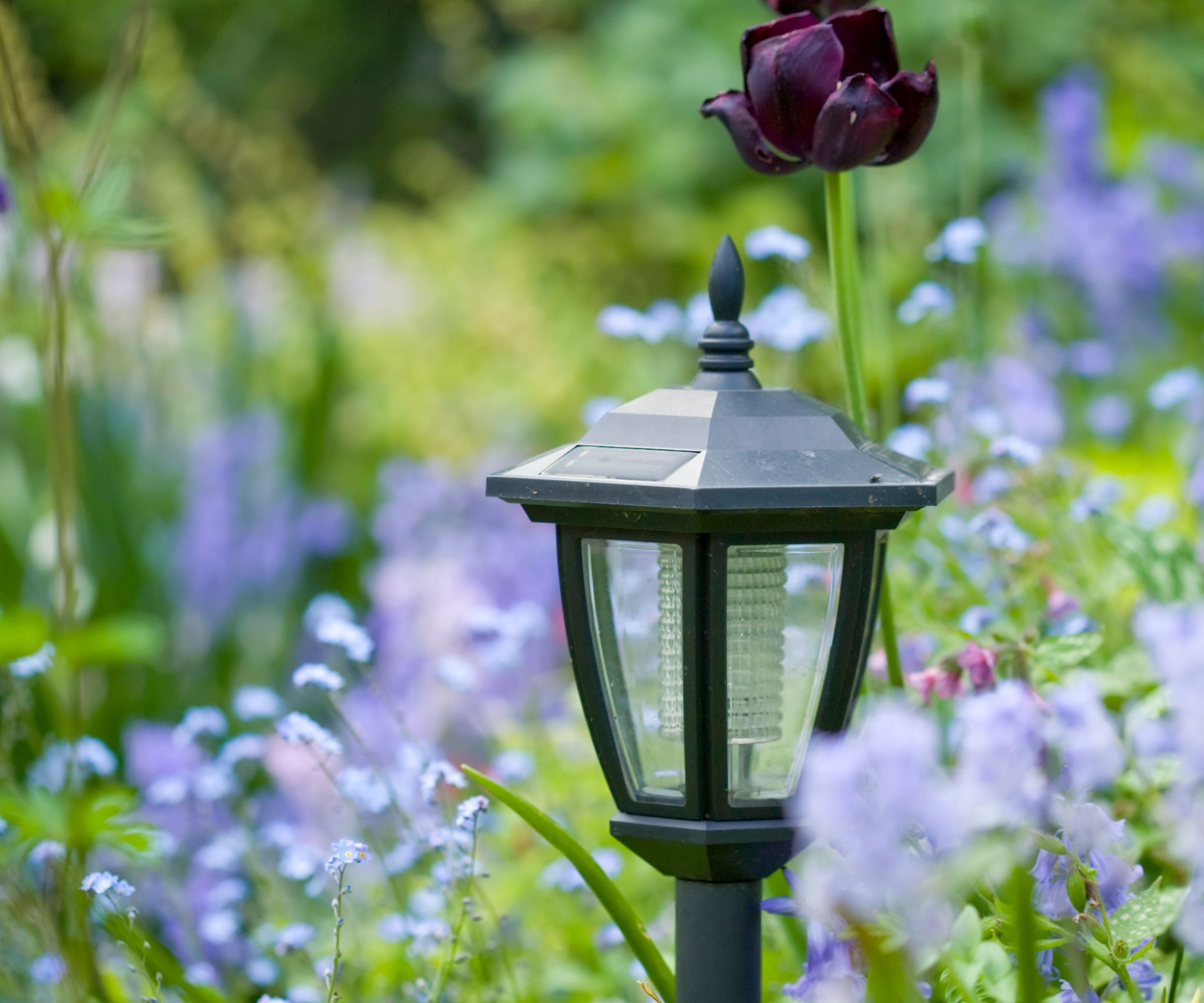
One of the biggest benefits of solar lights is that they don't need to be installed. Most of the time, the only thing you need to do is push the solar panel stake into the soil and switch it on.
This is a huge timesaver compared to lights wired into your utility power. You don't have to spend hours wiring in your lights, or paying an electrician to install them for you. With solar lights, you just put them where you need them - no complicated wiring is required.
There are only two drawbacks to solar light installation. The first is that many solar lights usually need two days to build up enough charge to work. That's not a huge deal - you just wait an extra day until they switch on - but if you've bought some last-minute to spruce up your patio before a big party, you might be annoyed to find they don't switch on that evening.
The other issue is that it can take a couple of attempts to get your solar panel placement right. What you think is a sunspot that gets hours of daylight might only be illuminated when you set up the lights. Solar panels are most efficient when you place them facing south, so if you face them north it may not be quite as effective as you planned.
However, both of these potential issues are pretty niche. In almost every case, solar lights are by far the easiest landscape lighting to install, so they're worth buying if you need something quick and easy.
2. Solar lights are the cheapest lights you can get
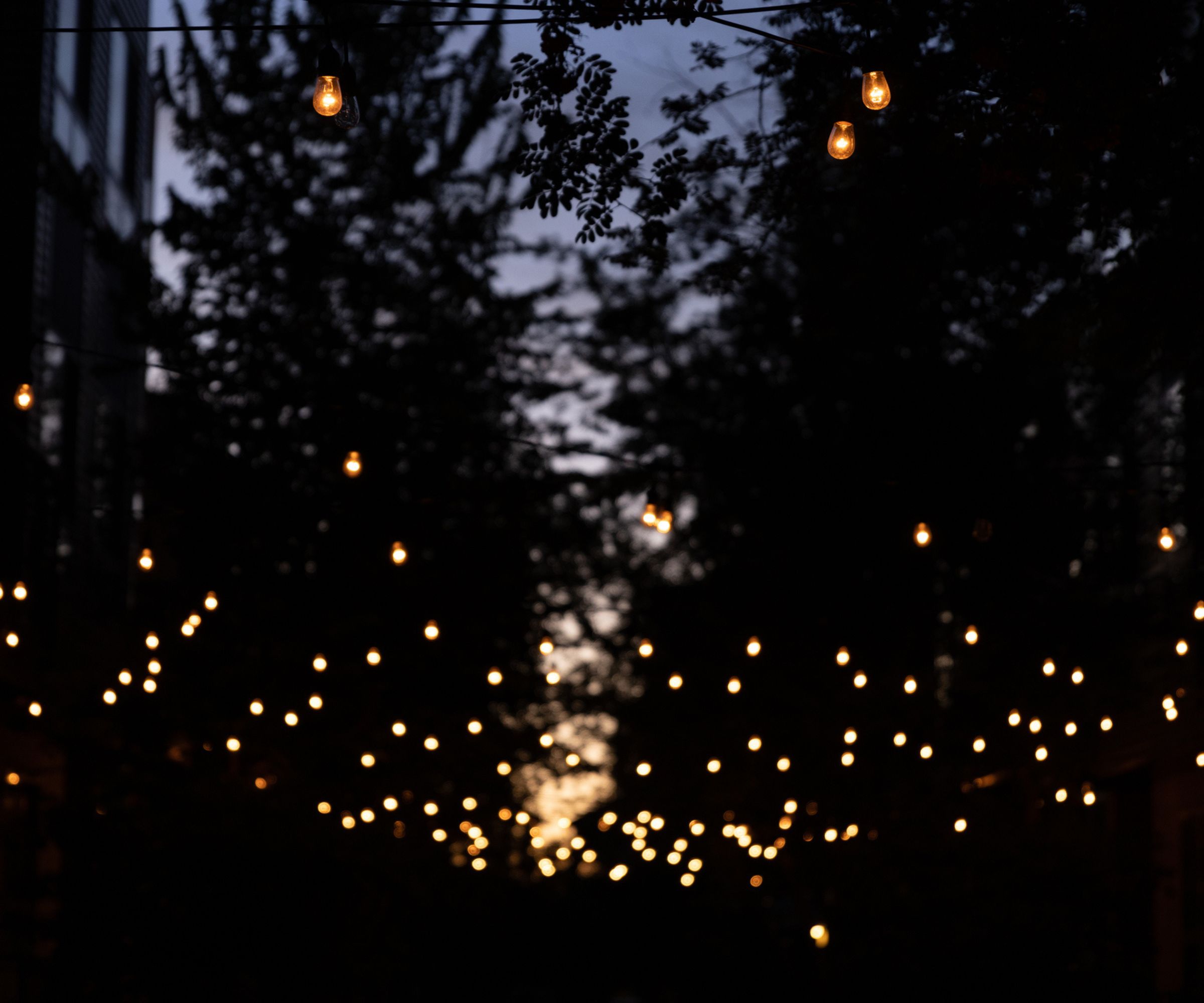
Solar lights are also the best lighting option if you're on a budget, so they're often worth buying if money is tight. However, they aren't always the best choice. We can directly compare them with wired-in landscape lights for some examples.
Solar festoon lights tend to be cheaper than the wired-in alternative, but the payoff is that much less useful. The Brightech Ambience Pro String Lights, available at Amazon, are nearly universally regarded as the best solar festoon lights you can get. They have thousands of five-star reviews and most professional and casual reviewers say they're robust and long-lasting. At the time of writing, 48 feet cost $49.99, working out at $1.04 a foot, which is worth buying for cheap but durable lights.
By comparison, the Govee Smart Outdoor String Lights, available at Amazon, cost $79.99 for 48 feet, working out at $1.67 a foot. These wired-in lights are more than one and a half times more expensive. However, the Govee lights give you a lot more for your money. These lights can change to any color in the RGB spectrum, can be controlled from your phone, and can even be controlled from an Alexa or other smart home device.
Solar post lights are particularly cheap compared to wired-in post lights. For example, this four-pack of Bobcat Solar Pathway Lights at Amazon costs $79.95. They're 300 lumens, so unlike lots of solar pathway lights, they're bright enough that you can see where you're going.
The equivalent wired-in design, the Solara 21.5" High Black 12V LED Modern Landscape Path Light at Lamps Plus, costs $119 for a single light. It's slightly less bright at 270 lumens and doesn't have a photocell built in like solar lights, so you'll need to switch it on every night if you don't have smart switches. The solar lights are much cheaper for the same job, though I must admit that the wired-in lights look much better.
The exception here is spotlights, though there are a couple of things to bear in mind. You can get single units of high-quality spotlights very cheaply like these Leacoco LED Landscape Lights at Amazon, which only cost $40 for four. That's cheaper than similar solar lights, like the Nymphy Solar Spotlights, available at Amazon, which usually cost $64.99 for four.
However, solar spotlights are much easier to install and don't need yards of complicated wiring, so you're paying for convenience. That said, it can be hard to find good solar spotlights, whereas most wired spotlights do the job. You often can't replace the bulbs in solar spotlights, so wired spotlights are better for longevity.
3. Solar lights can be bright
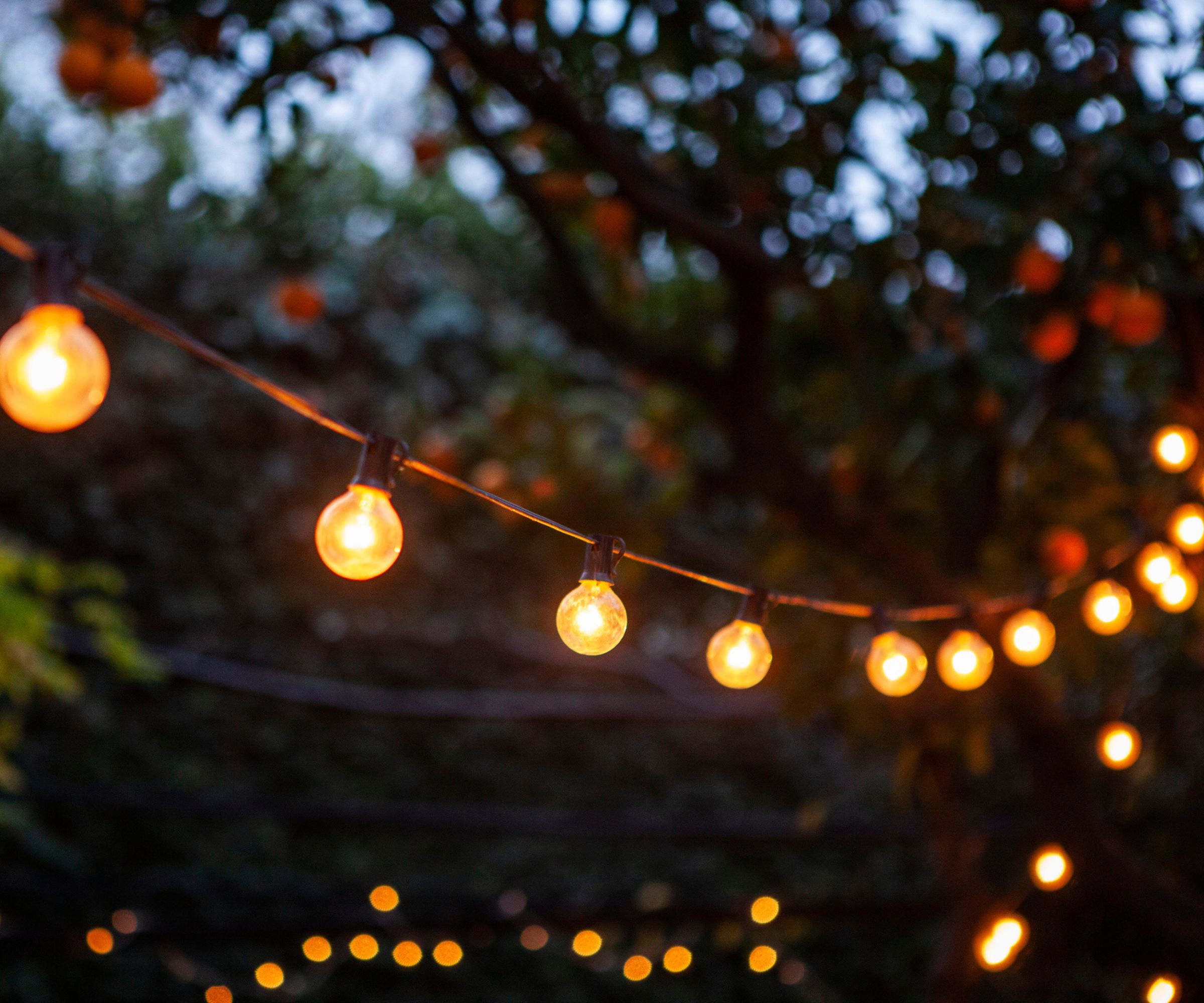
The most common complaint is that solar lights don't actually light up an area. For example, these solar tiki torches, available at Amazon, don't actually provide any light. I've tested them before - albeit listed under a different name, and they don't even provide enough light to be atmospheric.
The same is true of solar festoon lights - even my favorites don't always provide enough light to see by.
However, this isn't the case for all solar lights. If you've ever had a jump scare from a motion-detection solar security light, you'll know just how bright they can get.
There are lots of solar lights that provide a lot of light - you just have to do your homework. In our guide about how to buy solar lights, I went over lumens and Kelvin, measures of brightness and color. For bright solar lights, you need around 300 lumens, and it should be above 3000 Kelvin for a bright, light white that illuminates everything. Bright solar lights can be worth it, you just have to shop around.
4. Solar lights don't last long
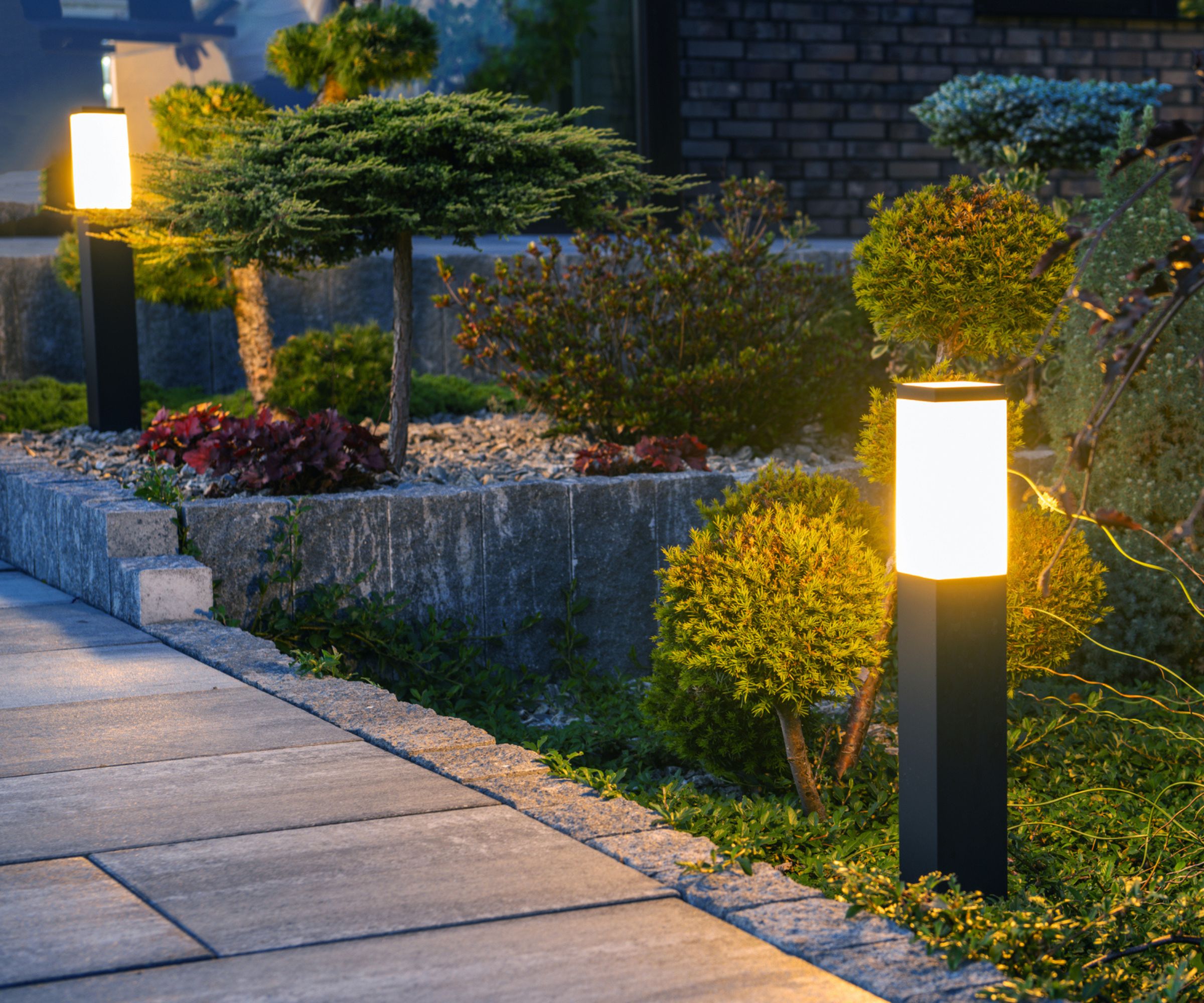
The biggest drawback is that solar lights have a relatively short life. The very best models - well-maintained - can last indefinitely, but in most cases even good solar lights only last for about seven years. Unfortunately, most people don't buy good solar lights.
Lighting expert Nels Peterson told me: 'All you have to do is drive around your local neighborhood and you'll see hundreds of solar lights tipped over, buried by dirt, or broken. They break very easily in almost every case.' If you buy cheap models, they may only last for a year. If longevity is important, solar lights aren't worth it.

Nels Peterson is a lighting industry veteran with over 30 years of experience. Nels is a Certified Outdoor Lighting Designer through the Association of Outdoor Lighting Professionals (AOLP). In 2023 and 2024 he earned the National Award of Excellence in Landscape Lighting for Most Outstanding Landscape Lighting Project in the U.S. by the AOLP. He now serves as the Vice President and Brand Leader for Blingle, a lighting company.
5. Solar lights are bad for the environment
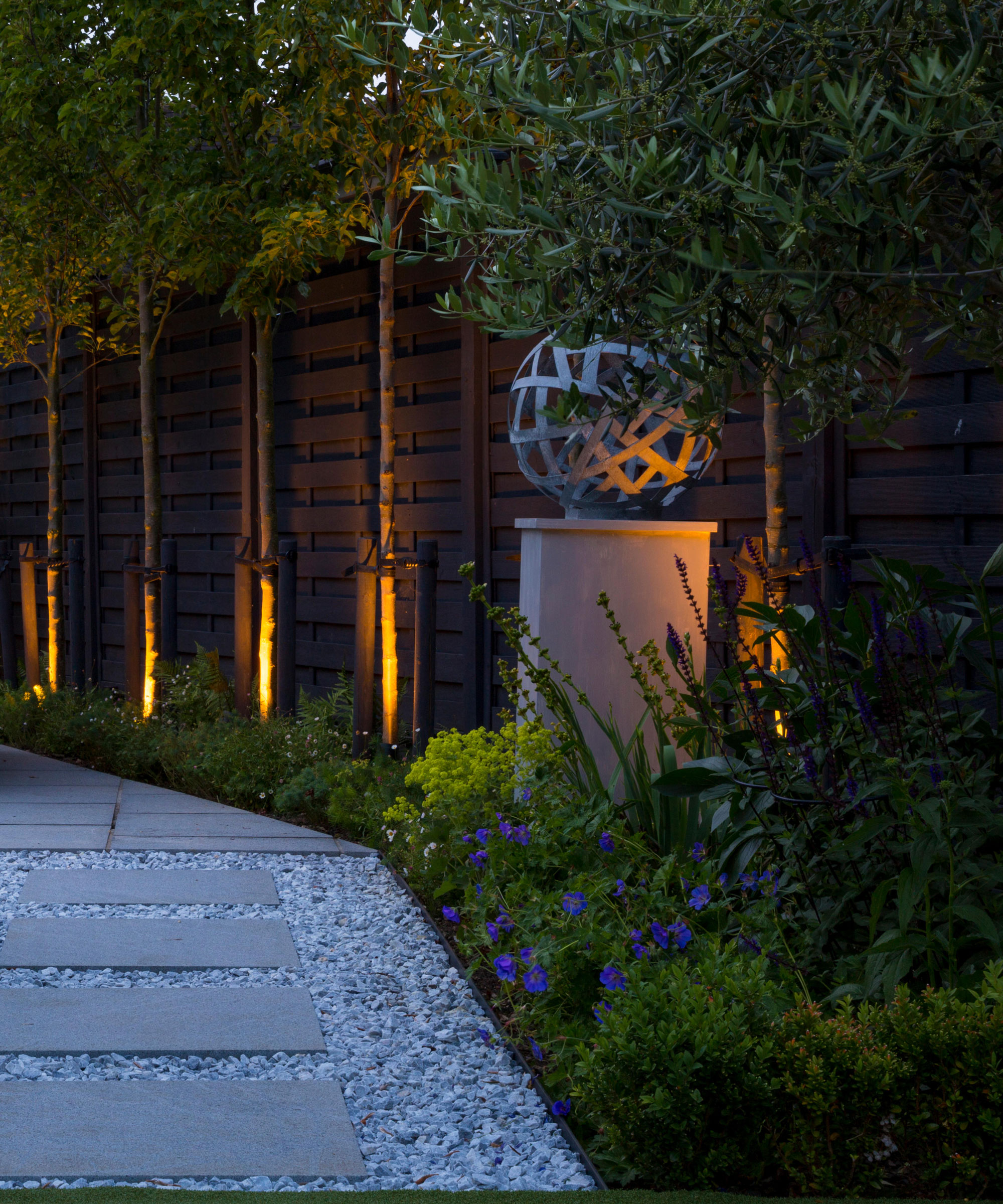
I think perhaps the single biggest drawback with solar lights is that they're often bad for the environment. It sounds counterintuitive because solar energy is a renewable resource. You'll see claims about solar lights being 'eco-friendly' plastered all over their packaging. However, there are several issues with solar lights.
The first is that solar lights work by converting light energy into electrical energy, which is then stored in batteries. These batteries use lithium or nickel, like the batteries in a cordless tool or electric car.
While, in the long run, this is better for the environment than coal-fired power, as it doesn't cause the same levels of greenhouse gas emissions, it's an incredibly intensive mining process and one that has been linked to child labor and other workers' rights violations.
When you include the fact that, as we mentioned above, they don't last very long, solar lights are far from green. While some of the parts are recyclable, not all of them are, so they aren't as eco-friendly as they make out.
That said, they draw power from the sun, so the power source is more eco-friendly than lights wired into utility power. However, a few LEDs of landscaping lighting won't make much of a difference to carbon emissions, so the distinction is ultimately negligible. If you want to keep your garden eco-friendly, it isn't worth buying solar lights.
Solar light FAQs
Can solar light batteries be replaced?
Solar light batteries can be replaced, but it depends on the model. Look out for solar lights with replaceable batteries.
While solar lights can be a good choice, they aren't your only option. For more help with outdoor lighting, take a look at our ideas for lighting a pergola, or our guides to placing outdoor lights and how to light a garden for wildlife.
Sign up to the Homes & Gardens newsletter
Design expertise in your inbox – from inspiring decorating ideas and beautiful celebrity homes to practical gardening advice and shopping round-ups.

As a gardens and lifestyle contributor, Alex makes sure readers find the right information to help them make the best purchase. Alex got his start in reviewing at the iconic Good Housekeeping Institute, testing a wide range of household products and appliances. He then moved to BBC Gardeners’ World Magazine, assessing gardening tools, machinery, and wildlife products.
-
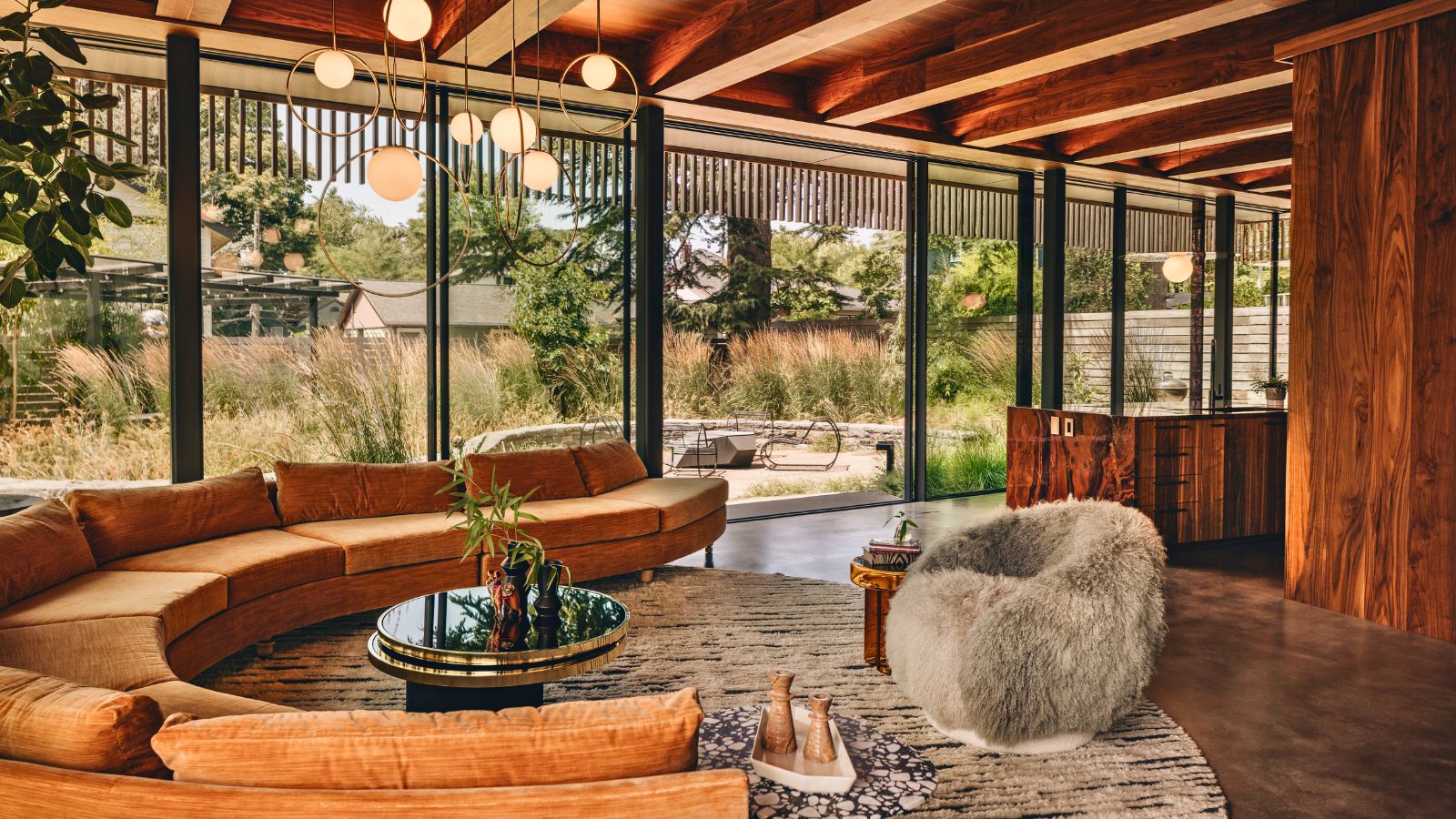 'Sexy disco-era Italy meets Japanese farmhouse in the Brazilian jungle' was the description the interior designer gave this glass-walled modernist home
'Sexy disco-era Italy meets Japanese farmhouse in the Brazilian jungle' was the description the interior designer gave this glass-walled modernist homeOffering a warm welcome that defies its stark, modernist lines, this archictectural gem is full of surprises
By Karen Darlow
-
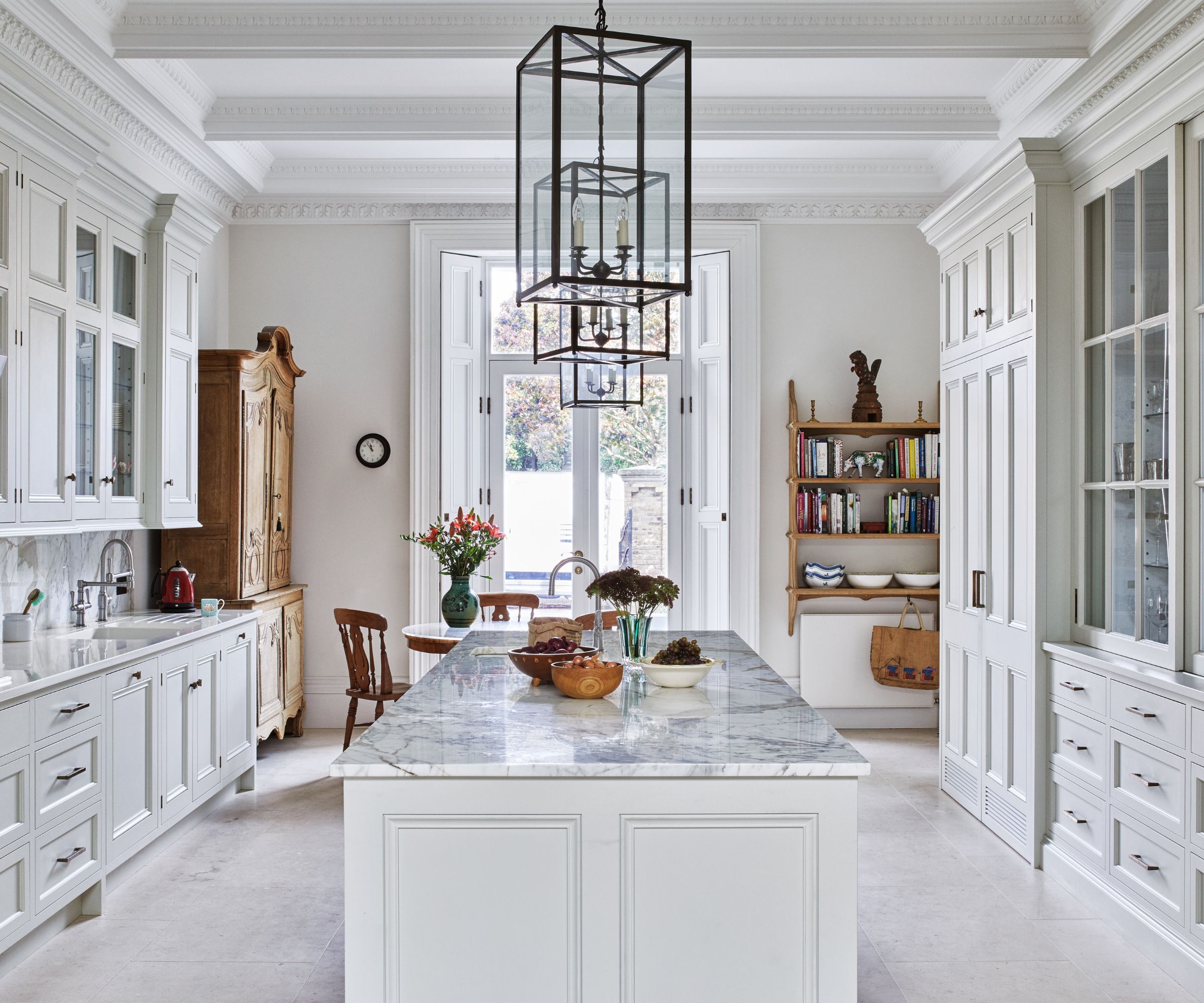 Are you making the most out of the estate sales in your area? These are the 5 most valuable items you should be shopping for
Are you making the most out of the estate sales in your area? These are the 5 most valuable items you should be shopping forVintage lovers and antique experts share the objects you should always look out for when you're exploring an estate sale
By Eleanor Richardson
-
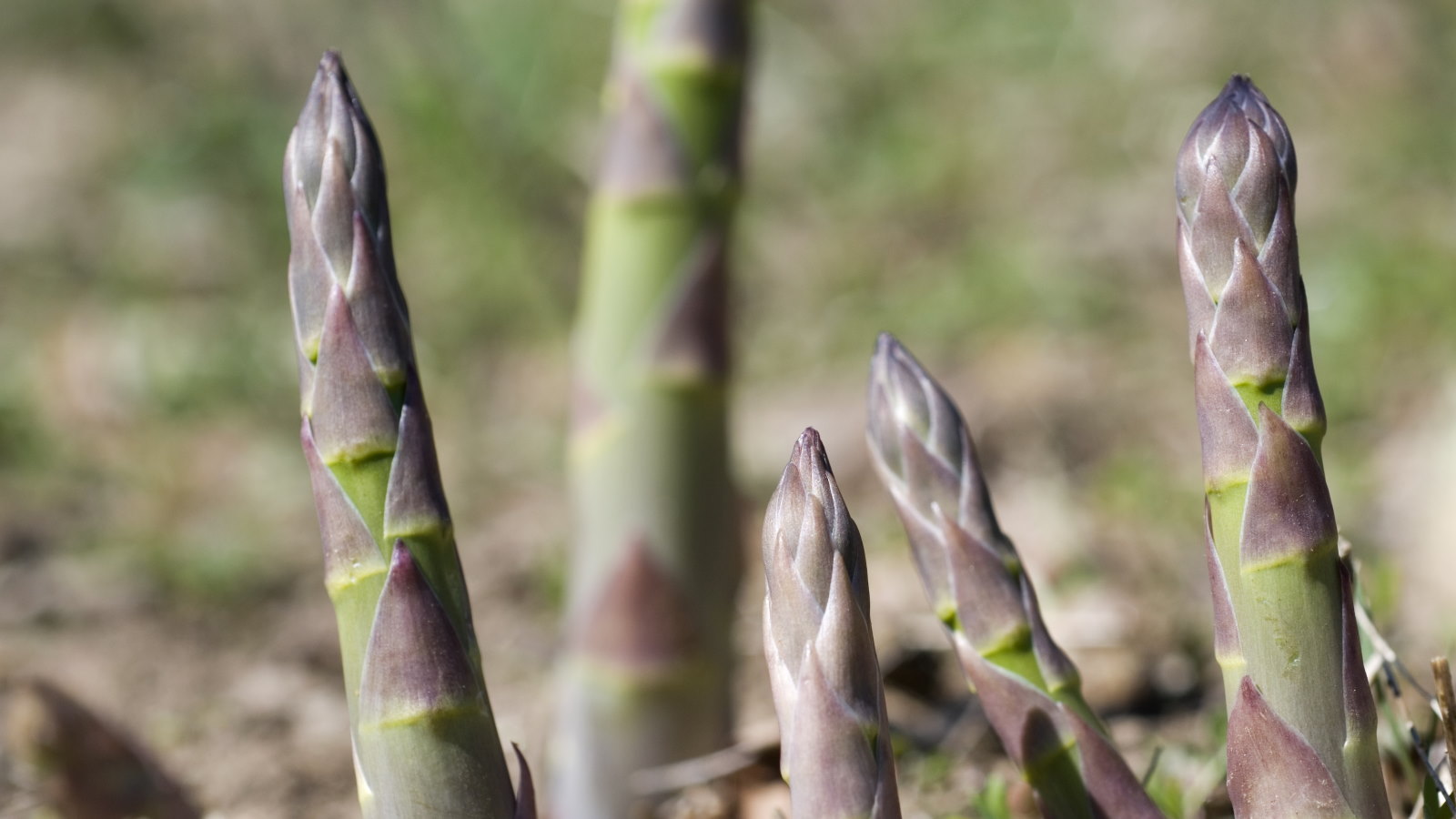 When and how to divide asparagus – expert tips to rejuvenate older plants for better yields
When and how to divide asparagus – expert tips to rejuvenate older plants for better yieldsDividing asparagus crowns is simple and rewarding, but you must get the timing right
By Drew Swainston
-
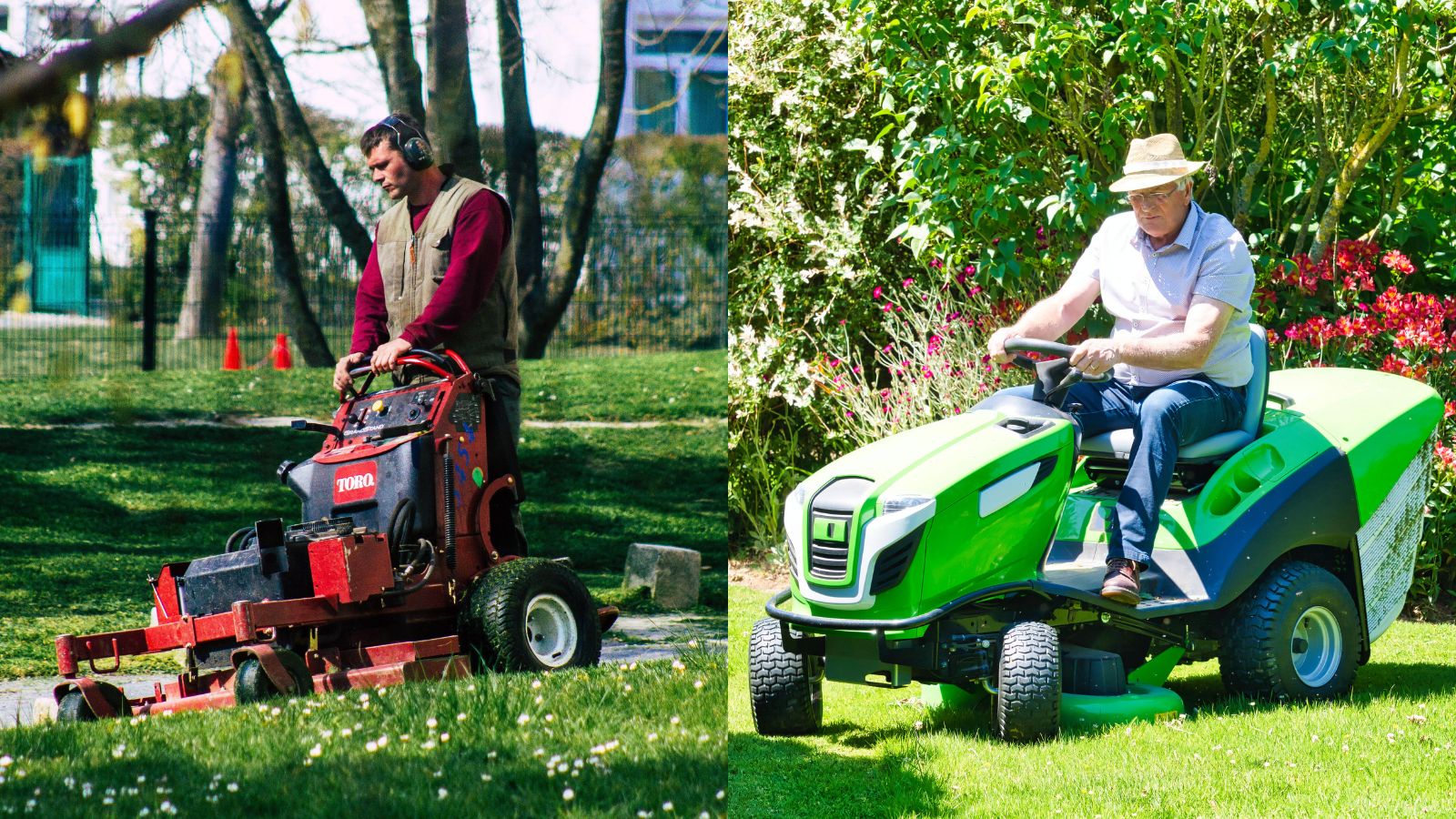 Standing mowers vs riding mowers – a mowing expert reveals which is best
Standing mowers vs riding mowers – a mowing expert reveals which is bestStanding mowers vs riding mowers is a heated debate among landscapers. I spoke to a landscaping expert to find out if standing mowers really are the best
By Alex David
-
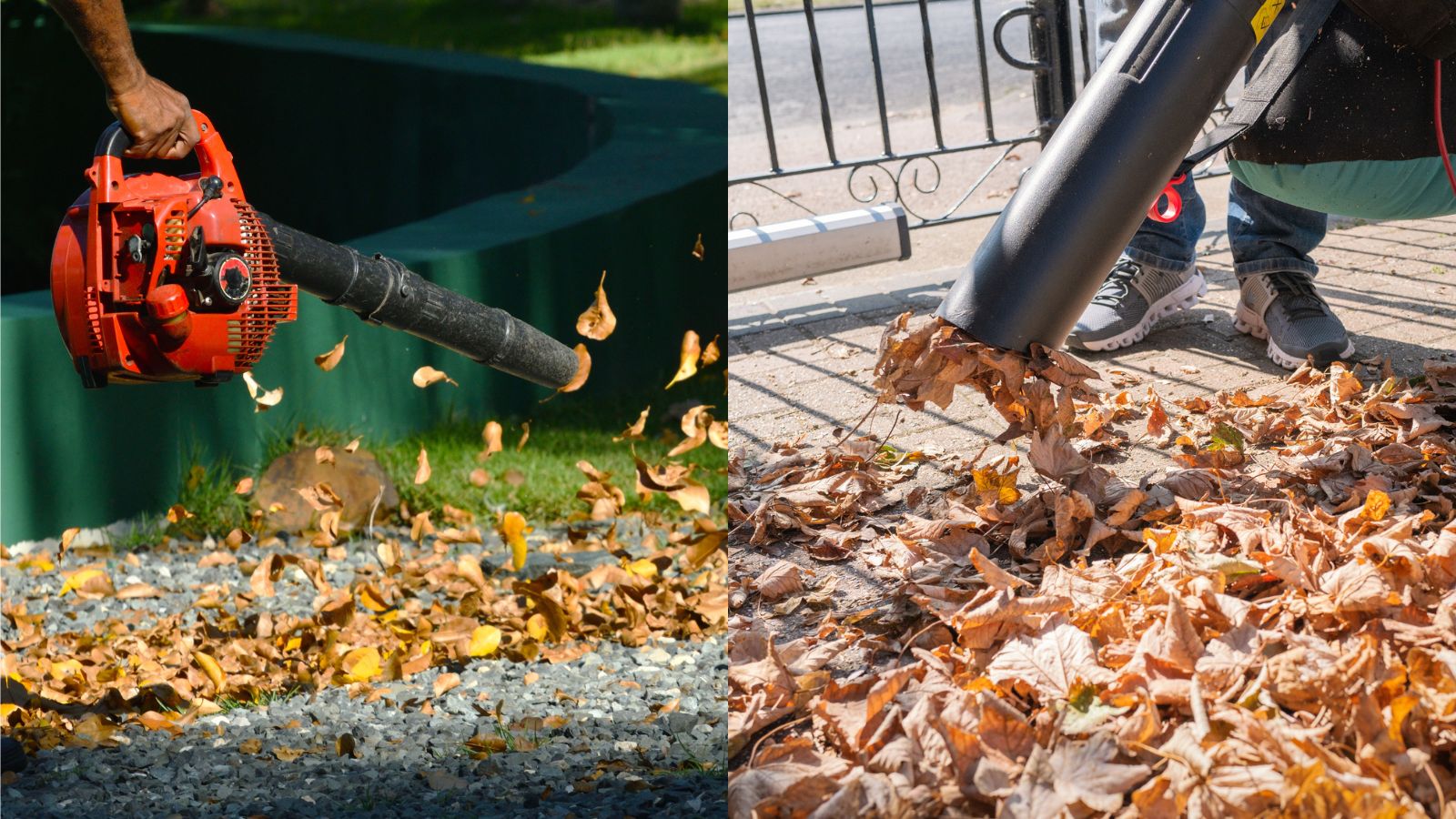 Leaf blowers vs leaf vacuums – which is best for your yard, and should you bother with either?
Leaf blowers vs leaf vacuums – which is best for your yard, and should you bother with either?It's not obvious which is best between leaf blowers v leaf vaccums. As a product tester, this is all you need to know about these controversial yard tools
By Alex David
-
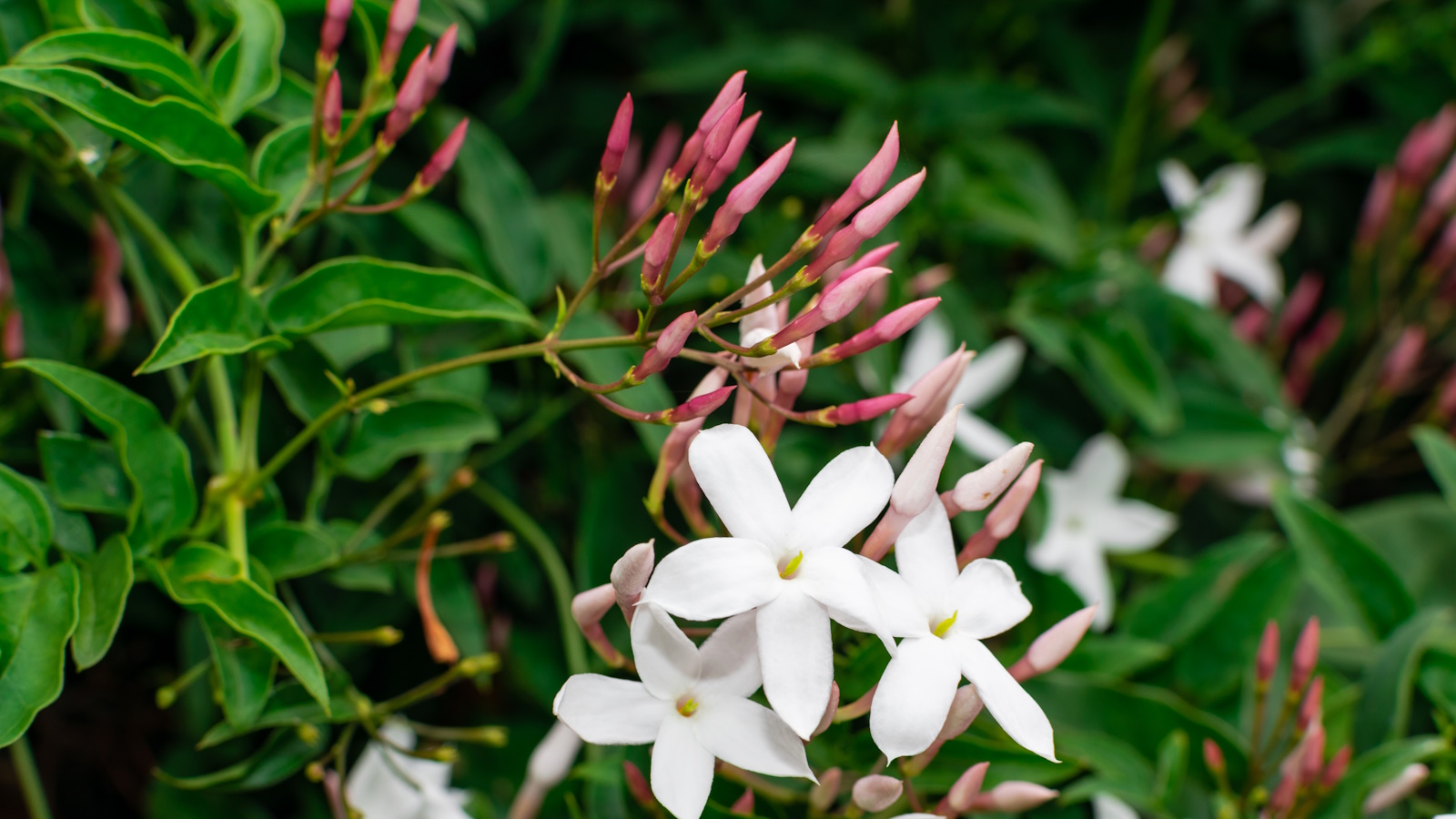 Pruning jasmine in late summer will ensure your plants bloom better than ever next year
Pruning jasmine in late summer will ensure your plants bloom better than ever next yearTiming is critical when pruning summer-flowering climbers
By Thomas Rutter
-
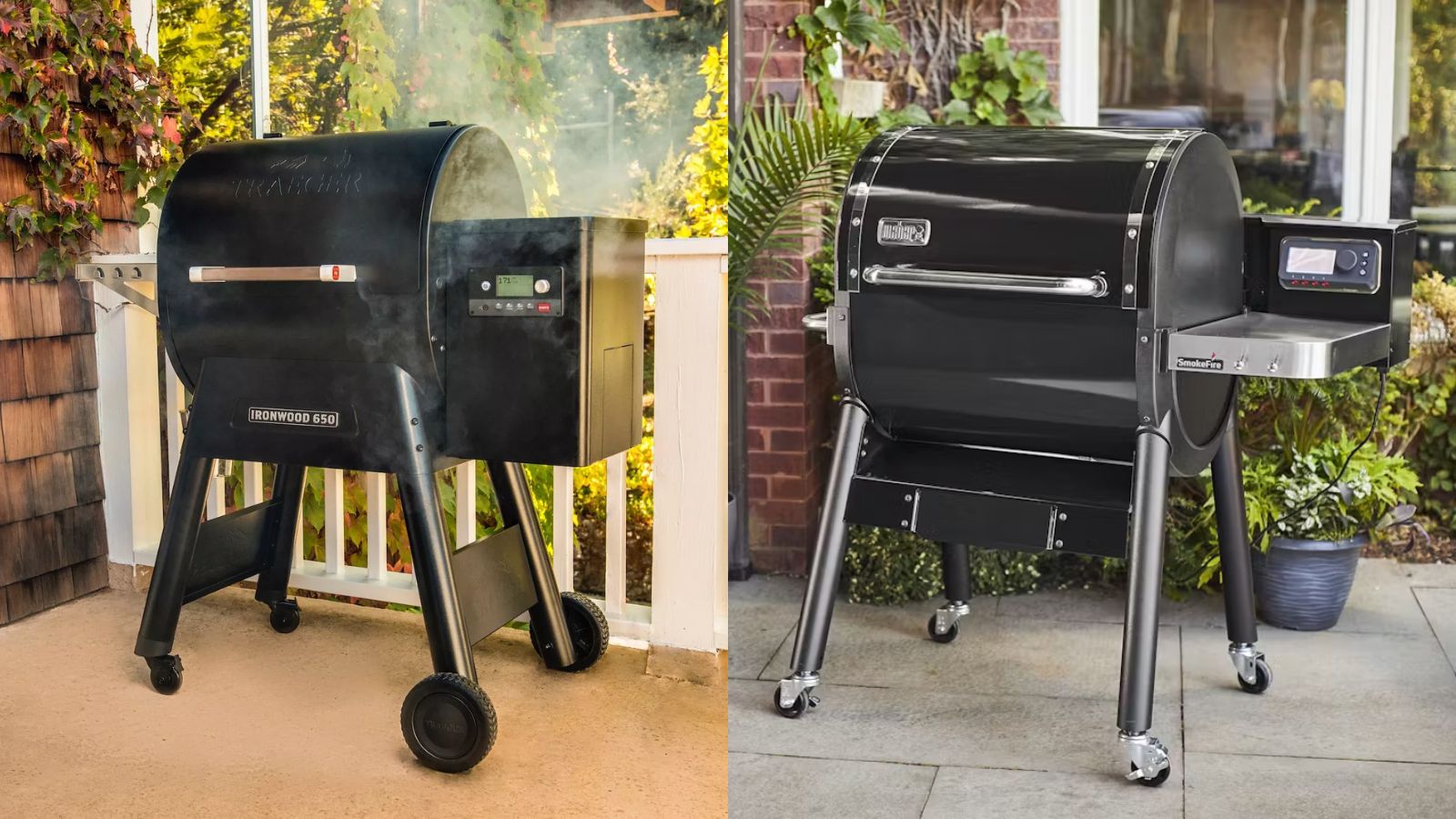 Weber vs Traeger – which pellet grill should I buy? Advice from a product tester
Weber vs Traeger – which pellet grill should I buy? Advice from a product testerThey're two titans of the grilling game, but who comes out on top between Weber vs Traeger? As a product tester, this is all you need to know about the brands
By Alex David
-
 Bougainvillea in miniature – with a little patience, anyone can grow these vibrant plants in bonsai form
Bougainvillea in miniature – with a little patience, anyone can grow these vibrant plants in bonsai formGrowing bougainvillea bonsai trees can add impact to even the smallest of spaces
By Thomas Rutter
-
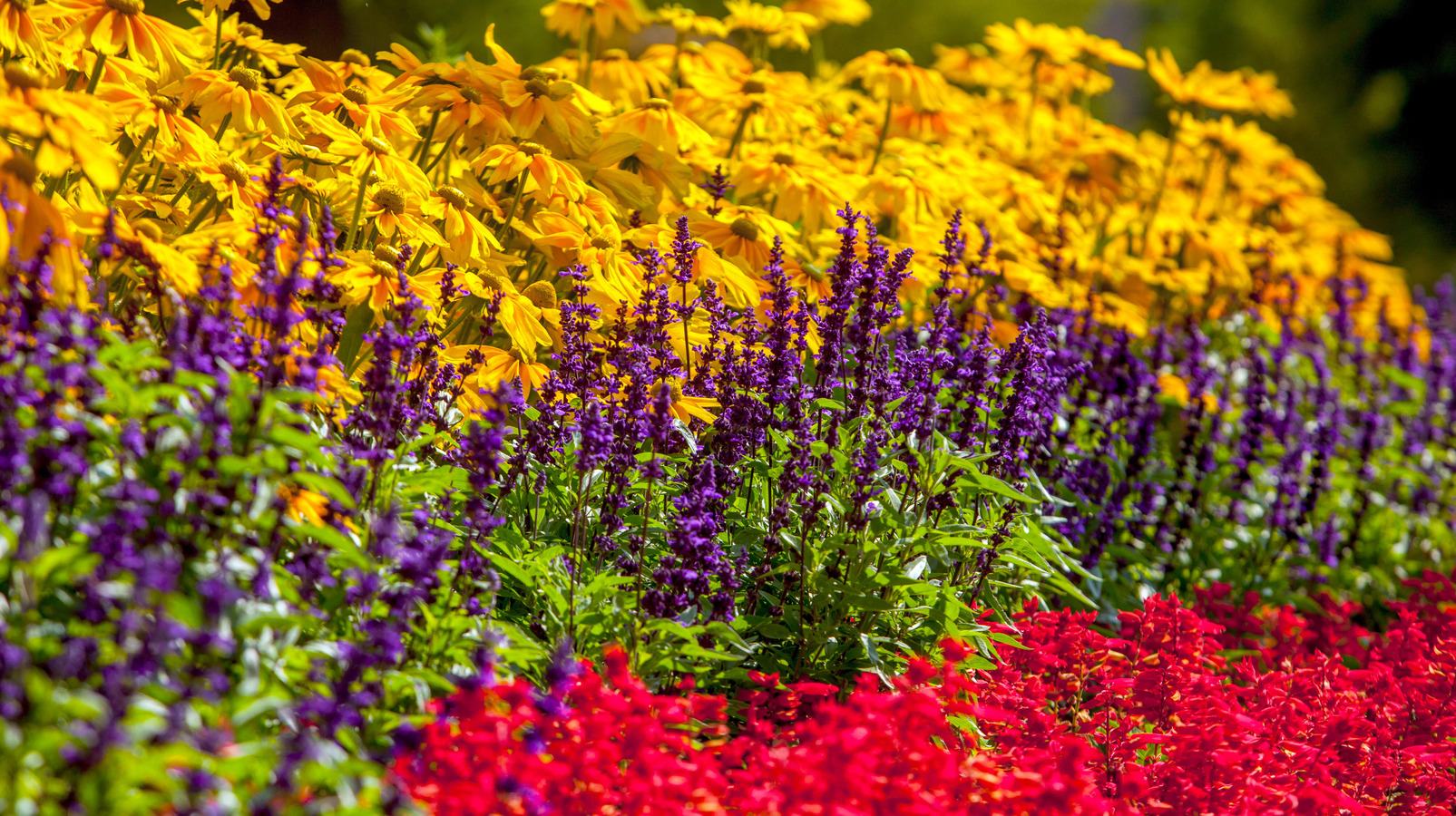 10 low maintenance, drought tolerant plants – for a beautiful and undemanding landscape
10 low maintenance, drought tolerant plants – for a beautiful and undemanding landscapeExpert plant picks for a thriving dry garden, that will make life easier and more colorful
By Jacky Parker
-
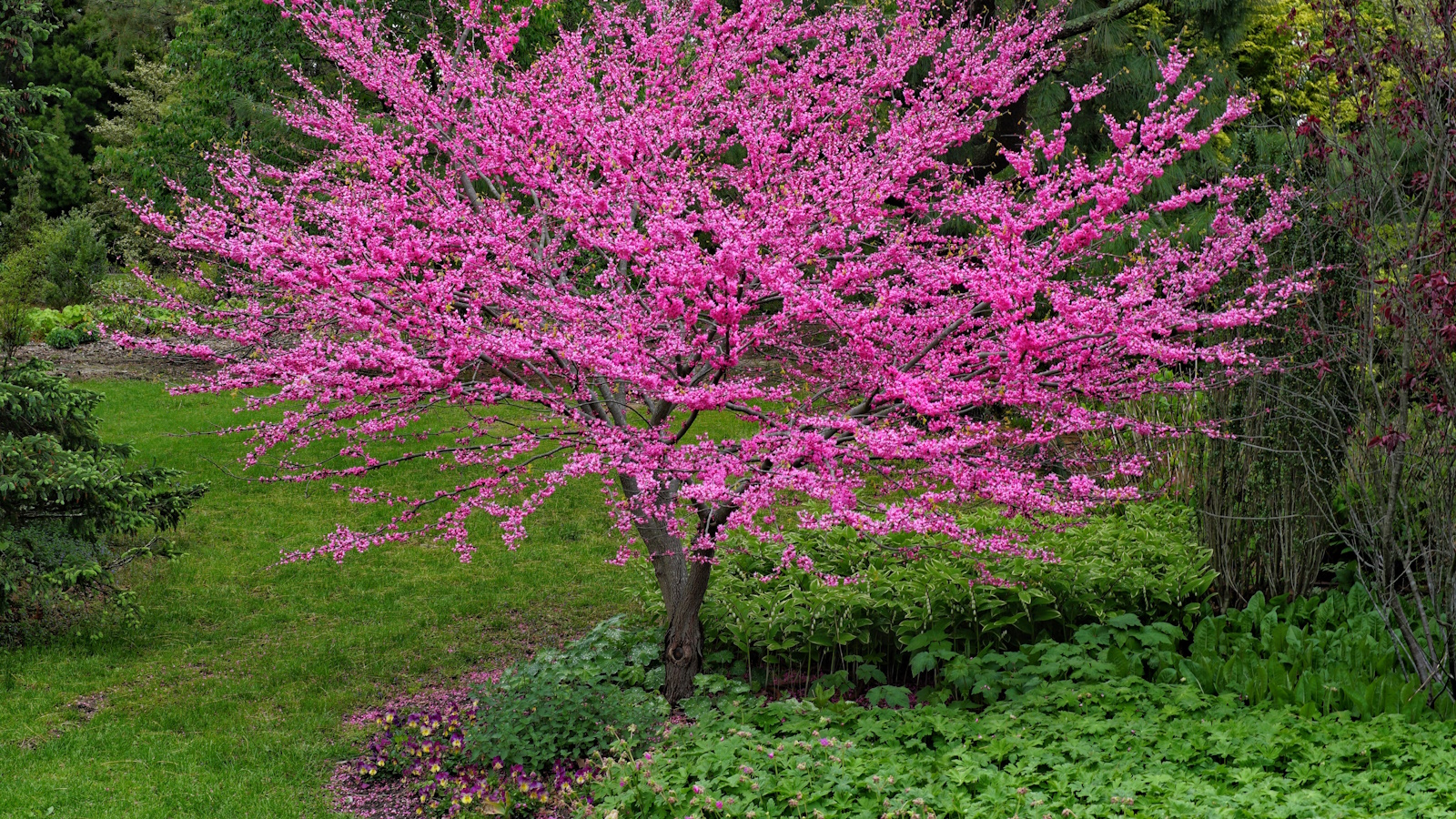 How to grow eastern redbuds – the cherished native tree with striking spring blooms
How to grow eastern redbuds – the cherished native tree with striking spring bloomsAdaptable and reliable, eastern redbuds are tough trees that will not disappoint
By Thomas Rutter
